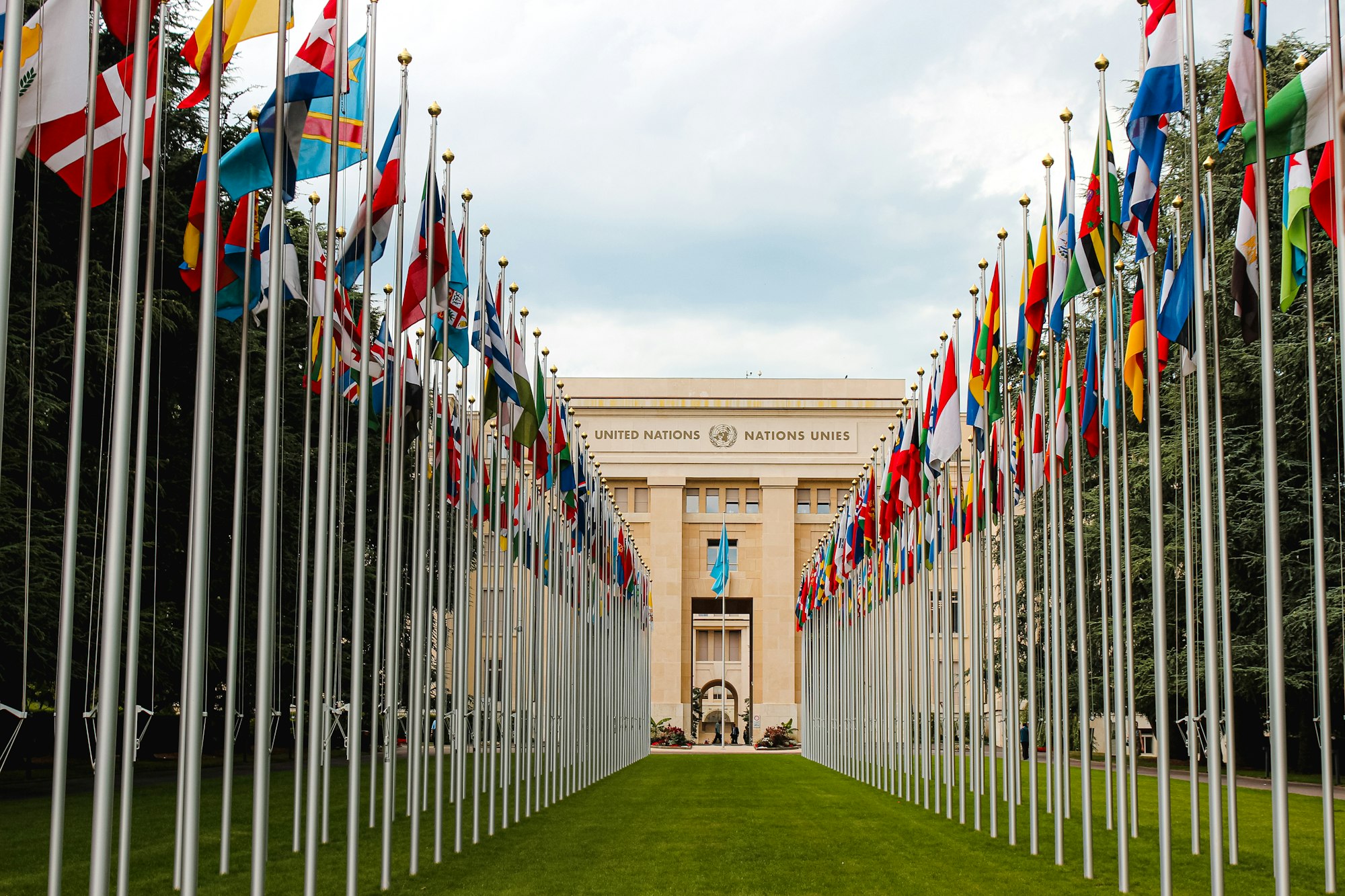
We Know What We Have to Do
There were already doubts as to whether the host nation, the United Arab Emirates, would prove serious, amid reports the event’s president, Dr. Sultan Al Jaber—who is also president of the Abu Dhabi National Oil Company—was planning to use the talks to make oil deals on the side.
There were already doubts as to whether the host nation, the United Arab Emirates, would prove serious, amid reports the event’s president, Dr. Sultan Al Jaber—who is also president of the Abu Dhabi National Oil Company—was planning to use the talks to make oil deals on the side.
Outline
You’d be forgiven for feeling disheartened. The 2023 Conference of Parties—the 28th annual United Nations meeting on climate action, known as COP 28—is off to a rough start.
Controversy Surrounding COP28 Host
There were already doubts as to whether the host nation, the United Arab Emirates, would prove serious, amid reports the event’s president, Dr. Sultan Al Jaber—who is also president of the Abu Dhabi National Oil Company—was planning to use the talks to make oil deals on the side. Then came fresh word that last month Al Jaber argued the development toll of phasing out fossil fuels would be “to take the world back into caves.” (Fact check: not true.)
While Al Jaber has since said his comments were taken out of context, misrepresented, and misinterpreted, the optics are… not what you want. You’d really prefer the story winning this news cycle to be a pledge from oil companies to curb some 80 percent of methane emissions from wells and drilling by 2030—something close readers of Climate Switch may recall we foreshadowed back in October.
Fading Hope of Maintaining the 1.5°C Goal Amidst Inaction
But apart from Al Jaber’s PR woes, there’s another dismal hum you can hear at COP 28: It’s “becoming inevitable” that global temperatures will soon average more than 1.5 C above pre-industrial levels. That’s the threshold negotiators had circled as the international goal back in 2015 at COP 21 in Paris. But amid years of half-steps and “blah blah blah,” as Greta Thunberg put it in 2021, the dream of 1.5 C has been slipping away.
There’s no sense in sugar-coating that this feels bad. The people who are responsible for Climate Switch have been feeling bad about it too. Feeling worried and sad about it is valid.
We do try, however, to keep a few things in mind. Going past 1.5 C is hardly ideal, but it doesn’t spell certain doom for humanity, or even the type of societal collapse that could get you out of paying your student loans.
The Escalating Risks Beyond 1.5°C
What it does mean is more frequent extreme weather events—more heatwaves, droughts, and floods—along with greater chances of hitting the type of “tipping points” that risk things going from bad to worse in nonlinear fashion. Scientists are still puzzling out many details there, but you’d prefer those questions remain hypothetical by halting warming, and stat.
Crucially, the danger of hitting 1.6 C is less than the danger of 1.7 C, which is still less scary than 1.8 C, and so on. So while the 1.5 C target may be out the window, the fact remains that we need to stop burning fossil fuels as fast as we can.
Doing it stands to make the world a better place, contrary to that vexing comment about the caves. Watch this space for more details, but in short, we’re not waiting around for some miraculous technological breakthrough—we already have everything we need, except enough people like you.
If you’ve read this far, it’s clear you can’t help but care. Come be with your people at Terra.do.
If you want to learn more about real solutions to halt warming and get a deep dive into the full climate change landscape, check out Terra.do's Climate Change: Change Learning for Action bootcamp.
More like this
So You're Ready to Step Up on Climate Action. Now What?
Folks ready to learn and do more about climate change have an array of options to get started. What are their respective pros and cons, and how does Terra.do stack up?
Our Next Cohort's Nickname Is the Manatees. Here's Why That's Special.
We've named each graduating class after animals at risk in our warming world, and we've just finished our first full lap through the alphabet.
Couldn’t We All Use More Storage?
Where are we going to put all that clean power from variable renewables like solar and wind? The world of batteries is already ramping up.

 Background
Background


